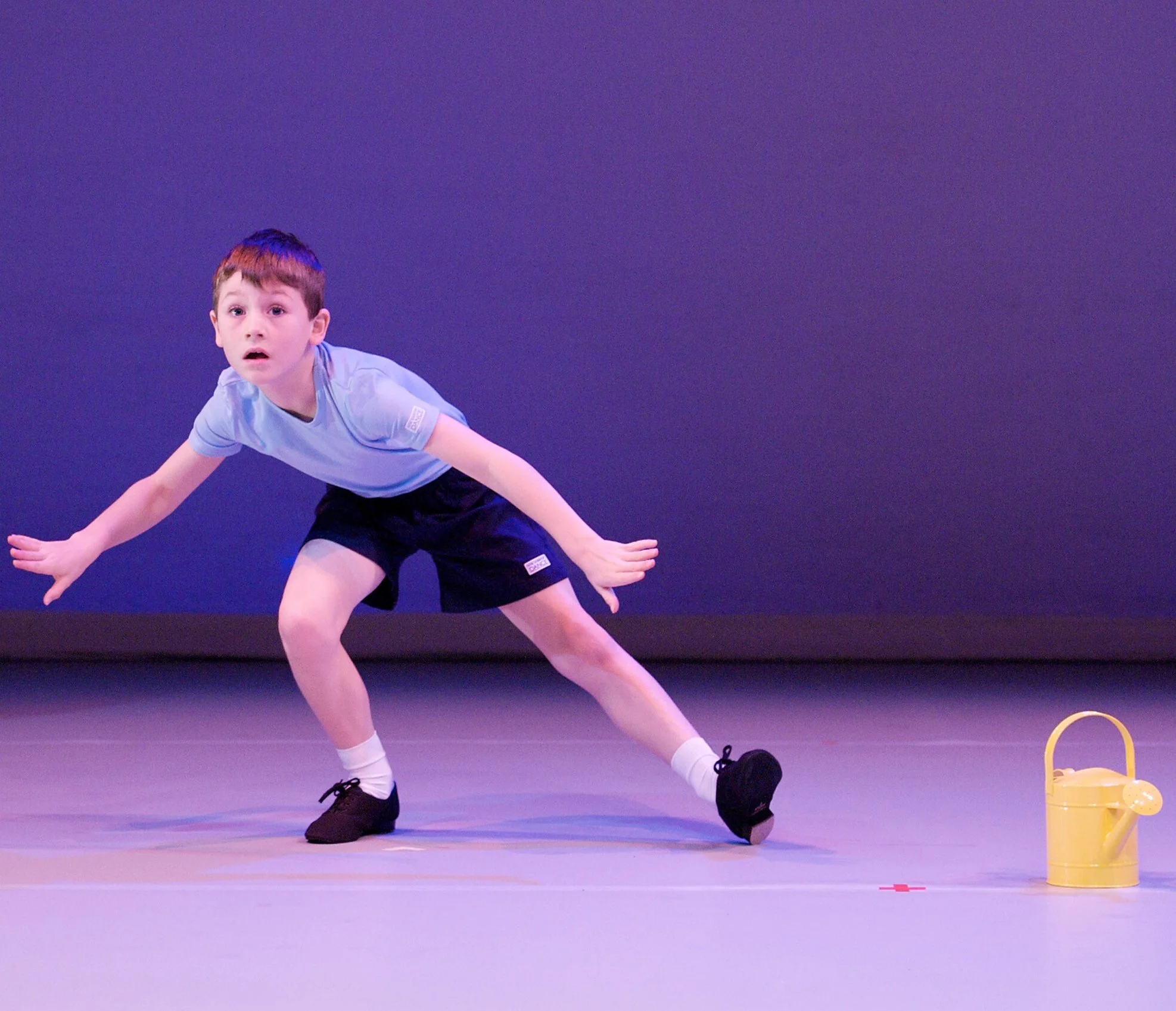Royal Academy of Dance
Photo by Mark Lees, courtesy of RAD
Pointe Works offers students the opportunity to train in Classical Ballet through The Royal Academy of Dance (RAD) Examination syllabus.
This offers an internationally recognised portfolio of examinations and assessments which is designed to motivate and encourage students of all ages and levels of ability, through a systematic measurement of progress and attainment. Examinations are organised and administered by the RAD Examinations Board.
Students start in First Steps ballet with the Pre-School Dance Curriculum, and move up through Next Steps in their Reception year at School. At the start of year one, they work towards their first examinations in Pre-Primary and Primary levels and then into four Graded levels.
Unique to the Royal Academy of Dance is the introduction of Character Dancing at Grade One.
Character Dance is the theatrical presentation of national and folk dance. You will see this type of dancing in Famous ballets such as Swan Lake, The Sleeping Beauty, Giselle, or Don Quixote where fairy tales, stories of royalty and ordinary people are told through character dance. The dancers are portraying a ‘character’ such as a guest at a wedding or a friend of the main character.
Character work teaches musicality, rhythm and mime, often working with a prop such as a watering can, a garland or complicated headdress. Students gain knowledge and understanding of various rhythms and time signatures used in character dance. The character dance music used in the RAD syllabus is orchestrated and uses traditional instruments from the country they are studying.
In Grade One the children study the Russian Style, Grade Two is Hungarian, Grade Three is Ukrainian and Grade Four is Italian. Character Dance represents about a third of the syllabus. The children bring their character shoes & character skirt to each lesson. Usually the last or first 15 minutes of the class will be devoted to studying the style of dancing which culminates in them learning & performing a solo in their exam.
Character dance is a brilliant opportunity to enrich young children’s knowledge of the world, developing an awareness of geography and cultural differences.
Character work introduces partner work. Interacting with another dancer in close physical proximity helps to develop trust and confidence, as well as a sense of working together for mutual benefit. Character dance helps students who are shy or awkward to build confidence, overcome social anxiety, and become comfortable interacting in a close physical context.
One of the longer term benefits is that character dance helps classical ballet students prepare for partner work. When they are accustomed to dancing with a partner, often they find the transition to pas de deux work less daunting.
“Fantastic Ballet School. I would have no hesitation recommending Nicolle and her classes”
Royal Academy of Dance examinations provide students with:
Achievable goals to work towards
Recognition from the world’s largest ballet examination board
Qualifications that are fully accredited by the UK regulatory authorities
The impetus to achieve their personal best in a fun and nurturing environment
We offer:
(1) A Pre-School Dance Curriculum that develops basic movement skills, musical awareness, freedom of expression and creativity. First Steps themed classes encourage class participation, focus and confidence. This curriculum is appropriate for students between the ages of three and five years. The emphasis is on capturing and nurturing young children's instinctive joy of movement. The goals are to enhance their physical fitness, aid them becoming physically and spatially aware, stimulate their listening skills, and encourage them to become co-operative and sociable. First Steps story lessons provide the framework for introducing fundamental travelling and stability movements. Example themes are : The Jungle, Outer Space and The Toy Kingdom.
(2) Next Steps lessons for the Reception Year of school. These classes build on this first stage with more complex story lines, such as Cinderella, Sleeping Beauty, Coppelia and Aladdin. Through the movements in each of the stories they are able to master these fundamental motor skills, which will form the basis of their future dance training. The steps progress too, with more complicated sequences for the children to master with greater demands on their balance and co-ordination.
(3) The Pre-Primary in Dance and Primary in Dance syllabi; appropriate for students from the age of six to eight years. This level provides a strong dance foundation for any child. The classes involve lots of exciting props, with stories still a key part of the lesson to keep the children motivated and happy. The children will begin to attempt some more formal ballet vocabulary appropriate to their development and individual ability. During this 'specialised movement phase' the fundamental moves learned in First & Next Steps classes will be elaborated and technically refined to produce movements that demand more control and accuracy.
(4) The Graded Examinations in Dance syllabi provide a broad practical dance education and develops technical, musical and performance skills. From Grade One onwards they incorporate both classical ballet and national character dance. Graded exams provide a series of qualifications that offer a progressive learning structure. They form a set of motivational milestones from beginner level to a standard of proficiency and artistry appropriate for entry to Higher Education. Working through the grades represents a typical route for those wishing to become performing artists, as they are an authoritative source of internationally understood benchmarks. At Pointe Works, we specialise in RAD Grades One to Four. Students Graduate onto specialist schools for Vocational Grades and Higher Grades. A list of those recommended schools is available to Parents upon request.


